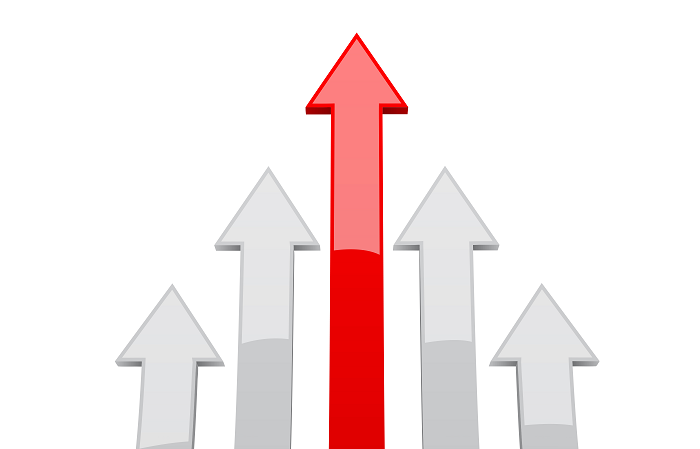The share of UK adults using private medical insurance (PMI) has nearly doubled in the past year as waits for NHS treatment remain at record levels.
Almost one in four adults are now paying for some form of health insurance, according to data from Statista.
The research firm’s Consumer Insights showed while the percentage of adults paying for private health insurance had stayed roughly at the 12% mark since 2019, in the firm’s latest survey wave ending in December 2022, the figure had climbed to 22%.
“The NHS is being pushed beyond its limits, following years of cuts, staffing shortages and the pressures of the coronavirus pandemic,” said Statista’s Anna Fleck.
“Patients now face long waiting times for medical procedures and even ambulances in cases of emergency.
“This state of crisis is pushing more and more people to turn towards private health insurance.”
Official data released this week revealed that the number of patients waiting for treatment through NHS England remained at 7.2 million as of the end of December.
Makings of a surge in PMI demand
Brett Hill, head of health and protection at Broadstone, noted that in such an environment it was little surprise that demand for private healthcare was high.
“While those seeking private healthcare tend to be wealthier, and as such are less severely affected by the cost of living pressures, the data points to the makings of a surge in demand for private medical insurance later this year,” Hill said.
“For a start, employers are recognising the importance of putting in place healthcare options to keep their staff fit, healthy and productive and so are investing more in this area.
“This driver towards private healthcare is being accelerated by innovation in the insurance sector to make this more affordable and efficient for both employers and employees.
“Finally, as the debilitating and painful realities of long waits for treatment start to hit home we expect a wider demographic of people to start accessing the sector as it becomes increasingly important to their quality of life.
“Decreasing strain on household budgets as inflation and energy prices fall could unlock a surge of demand as financing private medical treatment becomes more affordable.”
